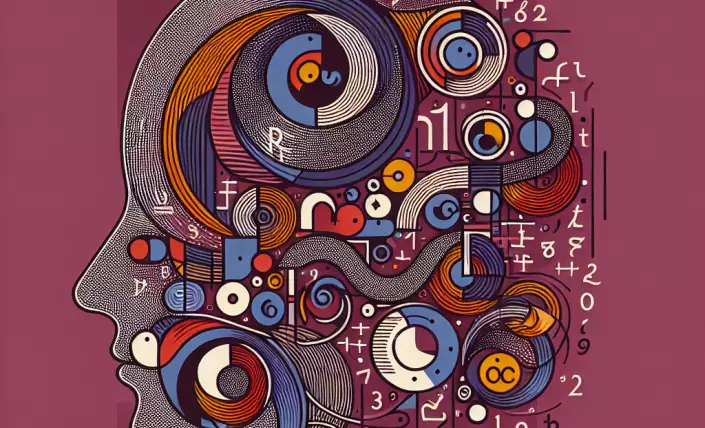In the vast landscape of philosophical inquiries, few topics stir as much curiosity and introspection as the concept of personal identity. At the heart of this inquiry lies a profound question: What makes us the same person over time? This question is not merely abstract but touches the very core of our everyday experiences and our interactions with the world. The exploration of personal identity invites us to reflect deeply on our own lives, challenging us to consider the continuity of our consciousness and the role of memory in shaping who we are.
John Locke, a pivotal figure in modern philosophy, offers a compelling framework for understanding personal identity. His theory emphasizes the continuity of consciousness as the cornerstone of personal identity. According to Locke, our identity is not tied to a substance, such as the soul or the body, but rather to the persistent awareness and connection of our conscious experiences. This perspective compels us to consider the ways in which our memories and self-perception influence our understanding of who we are. Locke's view suggests that personal identity is intrinsically linked to our ability to reflect upon past experiences, recognize them as our own, and integrate them into a cohesive narrative of self.
Engaging with Locke's ideas encourages us to examine the significance of memory in our lives. How do our recollections shape our sense of self? Are we, indeed, the sum of our remembered experiences? This line of questioning opens a rich field of reflection, urging us to scrutinize the reliability of memory and the potential for change and growth. As we navigate through life, our memories can sometimes distort, fade, or even transform, prompting us to consider the dynamic nature of personal identity. Locke's insights invite us to embrace this fluidity, recognizing that while our past experiences inform who we are, they do not rigidly define us. Instead, we have the capacity to reinterpret and reshape our narratives, fostering a deeper understanding of ourselves and our place in the world.










